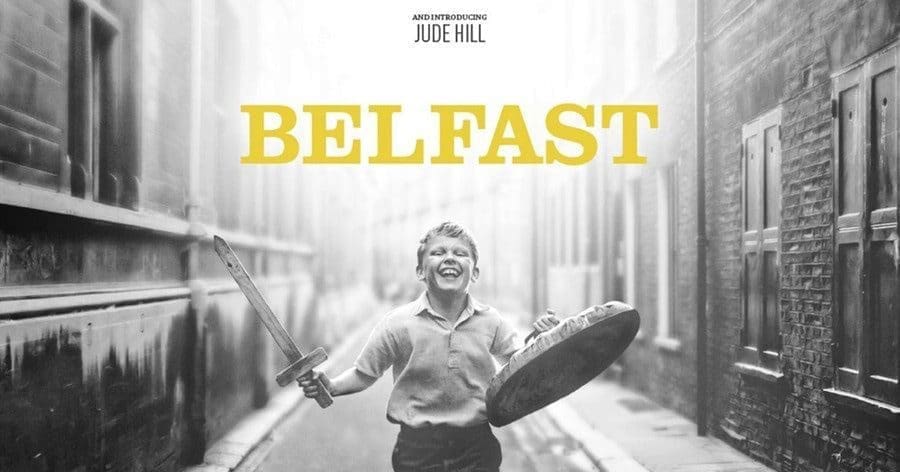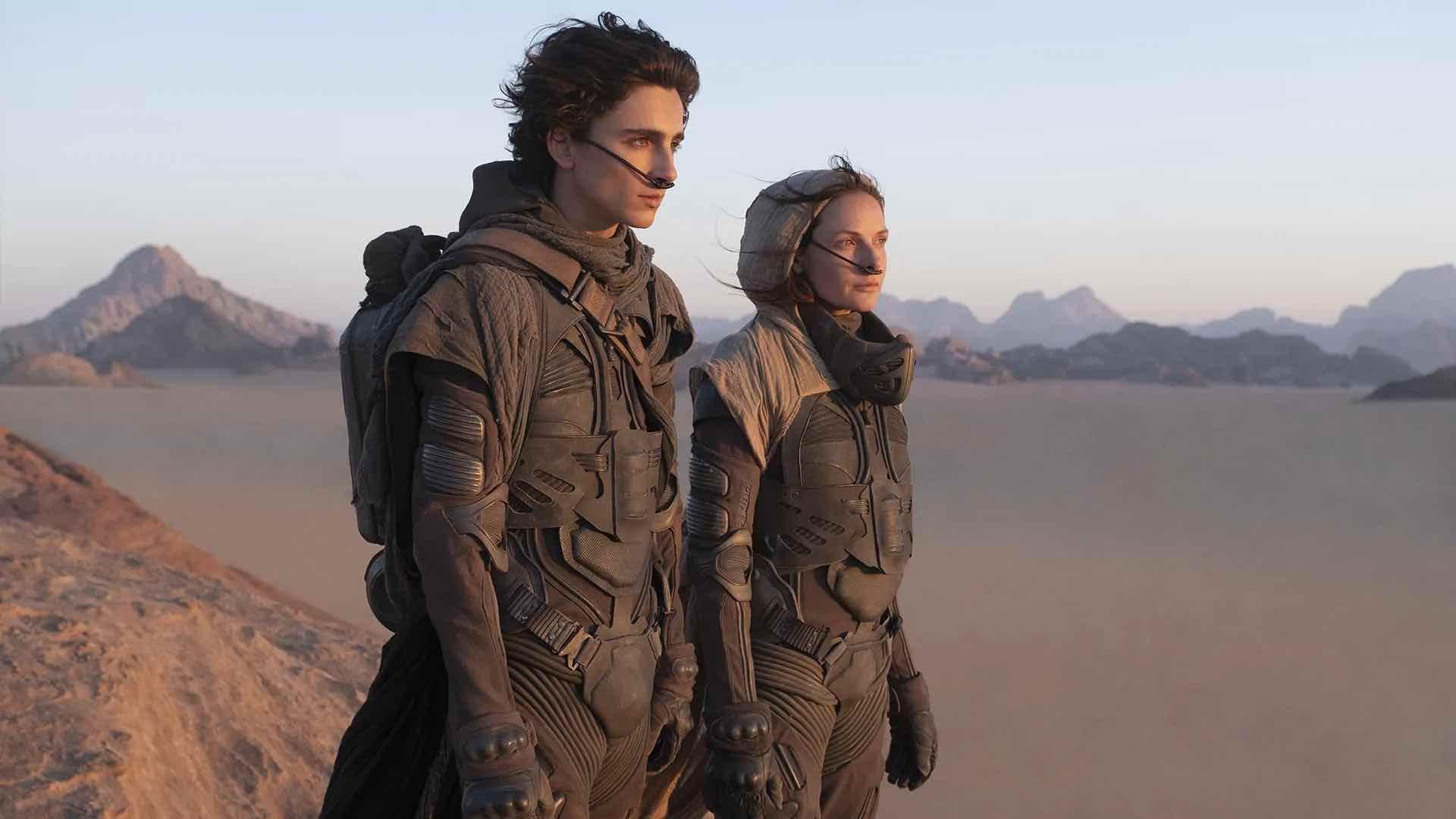At some time or another, we have all fantasized about alternate history scenarios where two or more major historical figures, who never came into contact with one another, had met and exchanged ideas. “What would George Washington and Donald Trump make of each other?” or “What would happen if Confucius met Aristotle (and by some miracle they could understand each other)?”, to give a couple of examples. Now, imagine that something on this order of magnitude had, in fact, taken place, but the particulars of what was said by those great people had been lost to the dustbin of history.
That is precisely the inspiration for the film One Night in Miami, which is based on the very real night that NFL legend Jim Brown, pop music icon Sam Cooke, and boxer Cassius Clay (who would soon change his name to Muhammad Ali) spent in Malcolm X’s hotel room to celebrate Clay’s Heavyweight Title victory over Sonny Liston on February 25, 1964. The only other known detail of this meeting is that the participants celebrated with ice cream because Malcolm X, like most Muslims, didn’t drink alcohol. The details of their conversation have not survived. To fill this maddening void is the fictitious account given in One Night in Miami, adapted from Kemp Powers’ stage play of the same name.

The first chunk of the film unfolds as a historical narrative introducing the viewer to each character and the events that led to their chance encounter. Clay (Eli Goree) and Cooke (Leslie Odom Jr.) were good friends, and the former was spending a lot of time with Malcolm (Kingsley Ben-Adir) leading up to the boxer’s public conversion to Islam. Brown (Aldis Hodge) was doing radio commentary for the fight, causing the four to be in the same place at the same time and ultimately meet up in private. From there, the movie unfolds as a sort of philosophers’ summit as each character becomes an intellectual surrogate for various black activists’ views from this transformative time in American history. Malcolm is the most extreme, at one point publicly declaring white people to be “devils”, while Sam Cooke is on the other end of the spectrum, making his career selling music designed to be consumed by white society. The other two men fall somewhere in the middle.
This spectrum is a bit of an oversimplification because each figure has tons of nuance that are particular to their individual experiences as outspoken black men in a time where there have been very few people in that position. Their degrees of wealth and standing relative to mainstream white culture vary greatly and they bristle and clash with one another frequently as a result. Powers’ screenplay uses trivial plot devices to separate the characters into various pairs, where they interact one-on-one to further develop their ideas and differing identities. This continues for the entire movie as each man completes his own arguments without any one of them ever reigning supreme.


One Night in Miami is quite difficult to assess as a film. Its stage play roots are on clear display as it consists of content-heavy dialogue and very little actual plot development outside of that content. This is immediately going to seem foreign to a lot of viewers. However, the execution here is brilliant. Each character is crafted with loving attention to detail, including the views they are ascribed, the way they speak, and their physical appearance and mannerisms. Goree and Ben-Adir’s performances as Clay and Malcolm, respectively, were particularly striking in how much they reminded me of those uniquely expressive and publicly visible men. The character construction needs to be at this level because there isn’t a lot else going on here. The entire film takes place almost entirely in Malcolm’s sparse hotel room and the main quartet only interacts minimally with other characters. These few other scenes are poignant and contextually effective, such as Cassius Clay and Malcolm X engaging in Muslim prayer or Jim Brown dealing with a particularly cruel form of racism in his hometown, but the overall feel is very claustrophobic.
The dialogues and themes that are expressed throughout are deep and profound. They also mirror modern sentiments and dilemmas to deliberately demonstrate that many of these historic societal problems persist today. That being said, the dialogue is also incredibly dense. I happen to be an avid student of American history that likely came into the movie knowing more about the societal context of these discussions than the average viewer, and it was still not easy to follow everything. The particularities of the Nation of Islam, Elijah Muhammad’s prominence and infamy at the time, the white-friendly nature of Sam Cooke’s lyrics, and the fact that Cassius Clay is also Muhammad Ali can be a lot to keep track of while following an abstract discussion about racism in America if you aren’t already somewhat familiar with these topics.
One Night in Miami is a unique viewing experience, to be sure. The writing, acting, and set design are all executed to the highest quality. The views expressed by the characters are all in their most pure, unapologetic forms, and that’s the way it should be. I think any American would benefit from sitting down to watch this free of presumptions. The one huge caveat I will put on that is: if you aren’t looking for this type of high-minded discourse, there is little traditional entertainment value here. You definitely need to be in the right mood for this one.
About One Night in Miami
Synopsis: One Night in Miami is a fictional account of one incredible night where icons Muhammad Ali, Malcolm X, Sam Cooke, and Jim Brown gathered discussing their roles in the civil rights movement and cultural upheaval of the 60s.
Director: Regina King
Writer: Kemp Powers
Stars: Kingsley Ben-Adir, Eli Goree, Aldis Hodge, Leslie Odom Jr.
Rated: R
Runtime: 1 Hour, 54 Minutes
My name is Kevin and I have been writing about movies with GNN since January 2020. Some of my favorite films are Inception, Django Unchained, American Hustle, and Gladiator. I graduated with a B.A. in Philosophy from Arizona State University in May 2018. I am currently self-employed in e-commerce and live in Tempe, Arizona. In my free time, you can probably find me slinging spells in Magic: the Gathering or dusting off a retro video game console (Super Nintendo is my favorite).




























